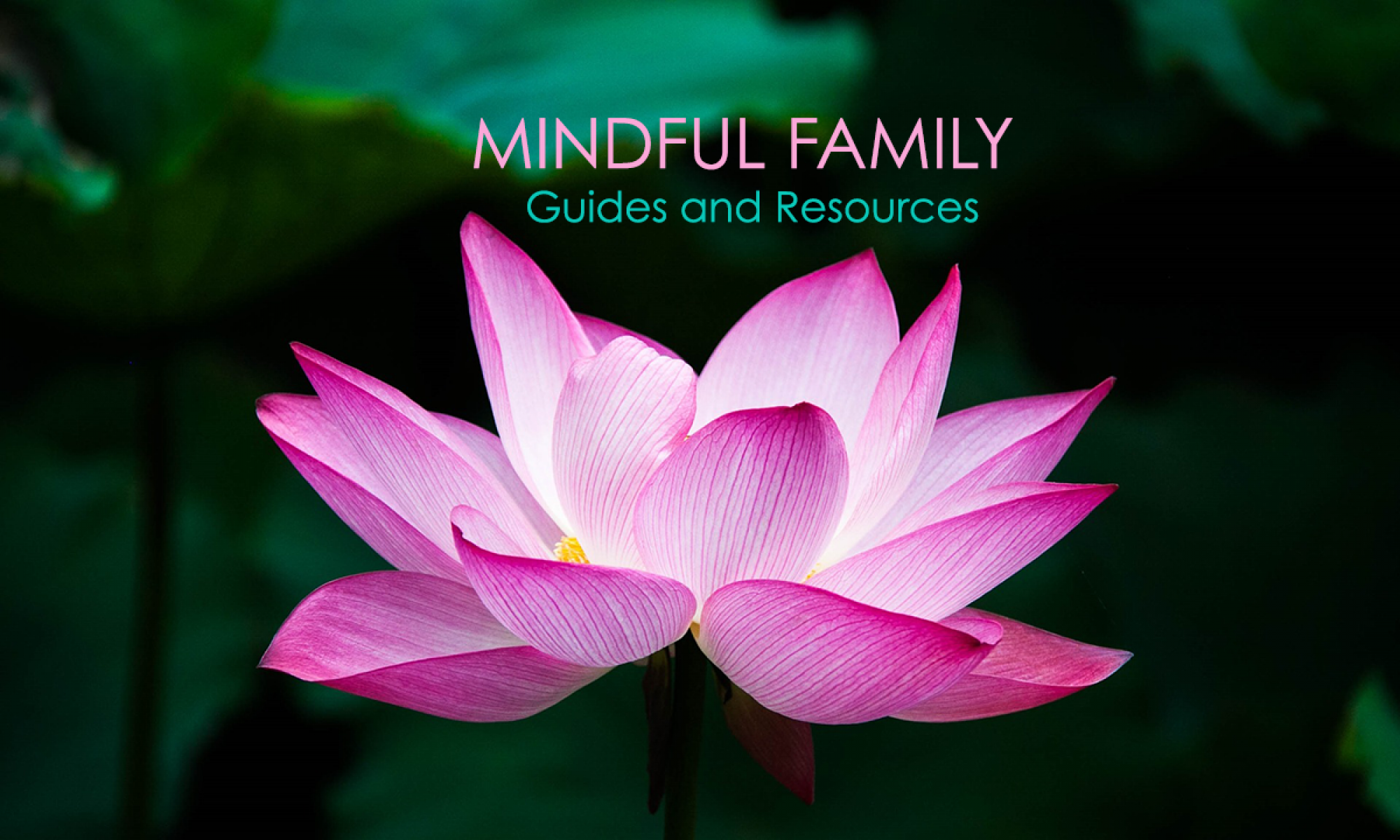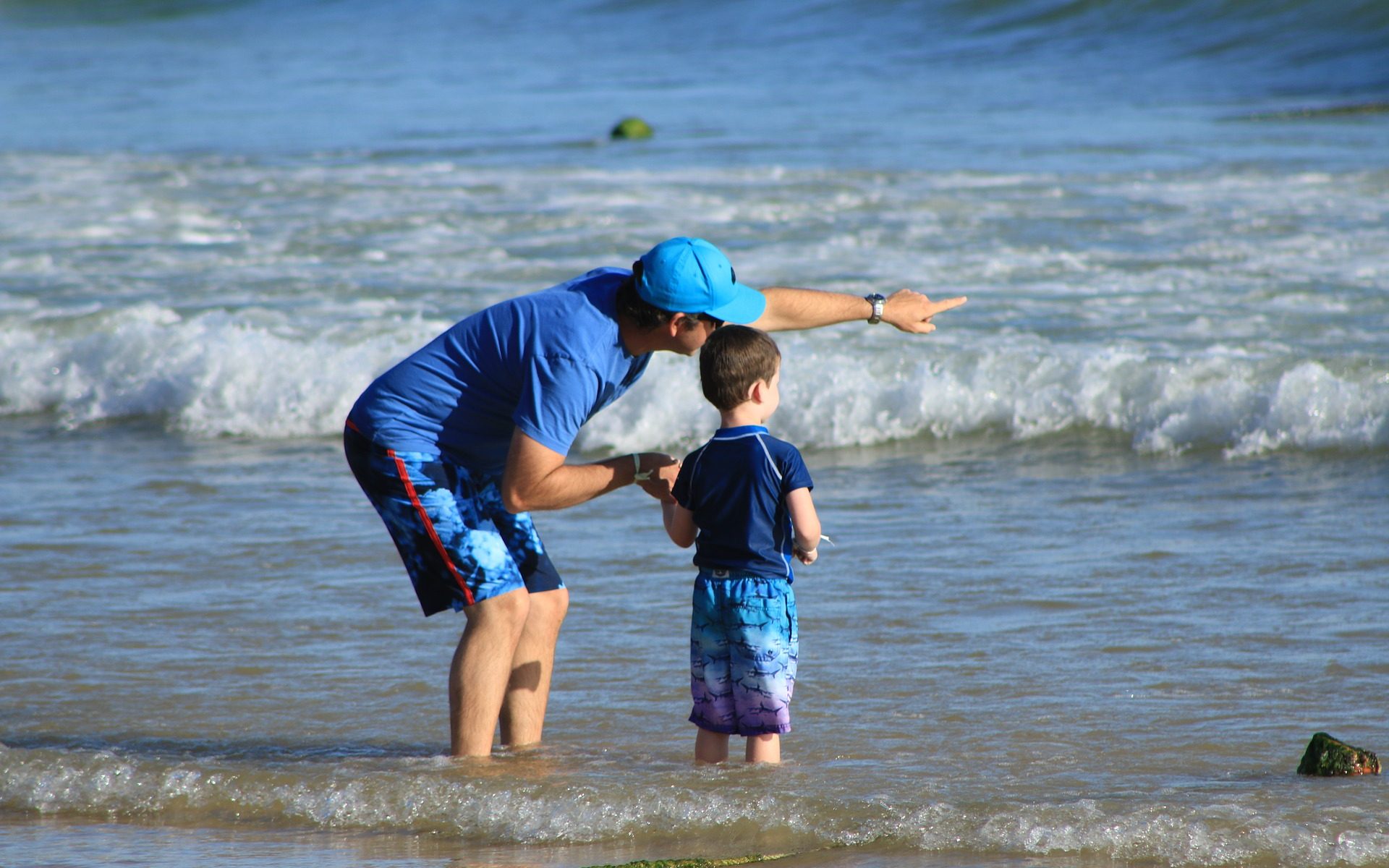By Manpreet Gill
Parenting at any stage in life is difficult. Adapting to new roles and responsibilities as a parent, working, and ensuring your child (or children) are growing up in a safe and nurturing environment can be very overwhelming and stressful. For young people especially, there are several specific stressors which are unique to their generation and age demographic (Kershaw, 2015). Young parents and adults today, are raising their kids in a tough economy where in order to keep the family afloat, both parents must be in the workforce (Kershaw, 2015).
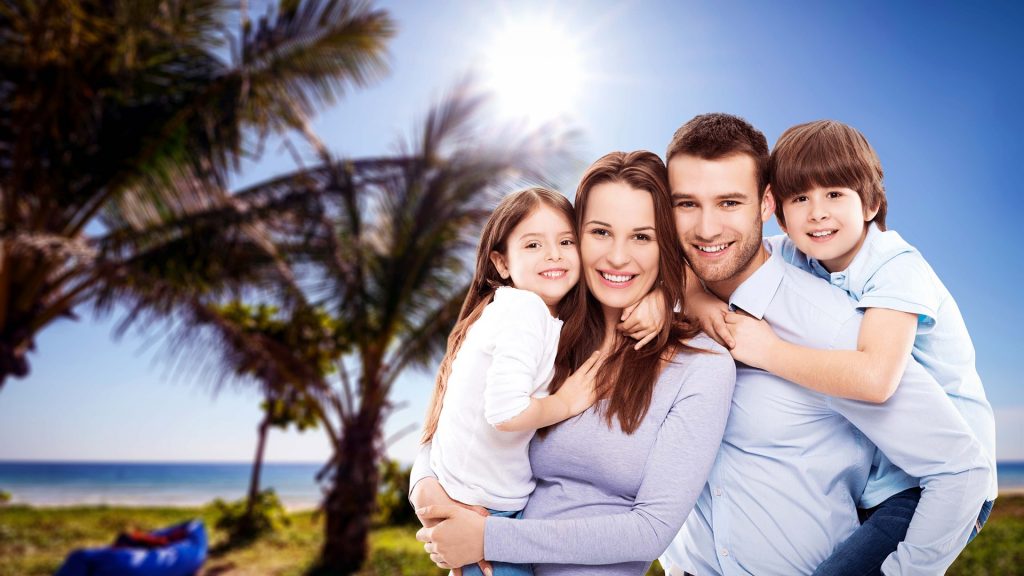
In the case of single parent households, this becomes even more difficult as multiple jobs and countless hours are required in order to make a liveable income (Kershaw, 2015). The amount of stress associated with being a young parent can be very overwhelming and can impact your physical and mental wellbeing. In one study, 52% of young millennial parents reported experiencing such high levels of stress that they could not sleep well (Ray, 2013). Long term exposure to stress can also result in the development of chronic conditions such as obesity, cardiovascular disease, and type 2 diabetes mellitus (Reiner, Niermann, Jekauc, & Woll, 2013). In order to ensure that you can effectively manage your stress levels, for you and your children, there are certain practices you can begin to adopt into your day to day routine. These practices are structured around the concept of mindfulness, which “is the act of seeing things as they truly are in the present moment” (Hyland, Lee, & Mills, 2015, p. 578).

In western culture, the concept of mindfulness is derived from (or closely related to) traditional Buddhist mind training methods. As exemplified through a growing body of research, mindfulness has shown to have a number of physical and psychological benefits (Hyland et al., 2015). For these reasons, the practice of mindfulness has been incorporated in many different treatment regimes for anxiety, depression, and other mental health and physical issues. Here are some examples of how you can not only embrace, but incorporate the principles of mindfulness into your life in order to reduce stress:
Practicing Yoga

Practicing yoga has shown to have positive effects in young adults and parents (Gard et al., 2012). Yoga increase mindfulness, as it helps one pay attention to the purpose and present moment in a non-judgemental way (Gard et al., 2012). Yoga is not only restrictive to body positing/poses, but it also incorporates breathing exercises and meditation as well (Gard et al., 2012). In one study, researchers designed a yoga program for young adults who were experiencing high levels of stress (Gard et al., 2012). After the yoga course, participants reported lower levels of perceived stress, higher levels of life satisfaction and self-compassion. If you cannot attend a yoga class, there are some amazing online resources available to guide you as well! There are thousands of online videos which help guide you through each pose along with the steps to effective meditation.
Mindfulness based stress reduction
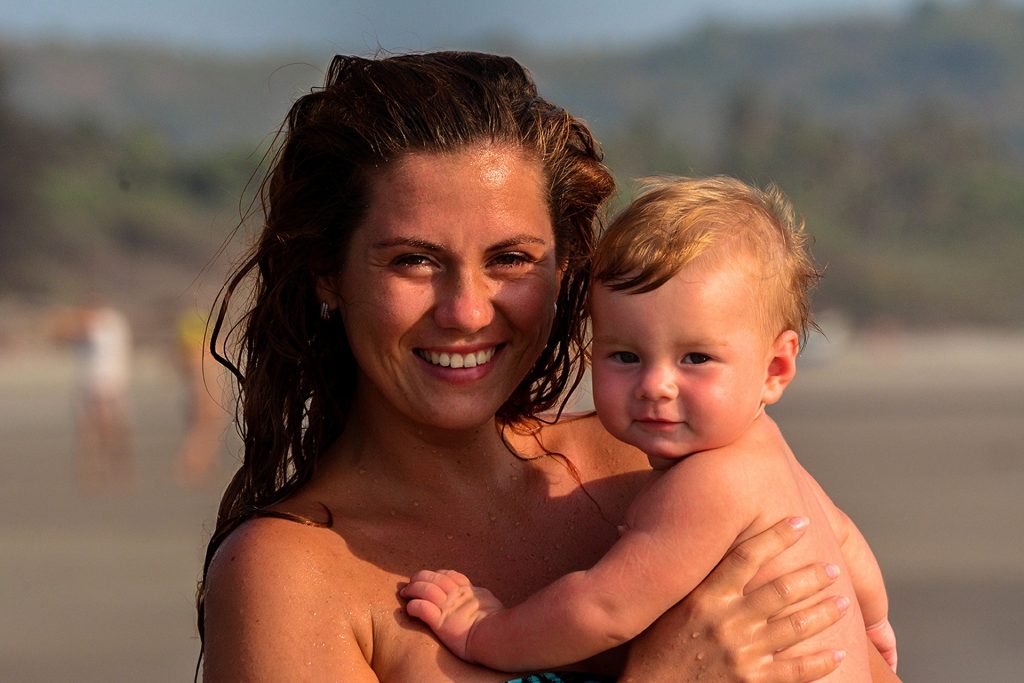
Mindfulness based stress reduction (MBSR) is a mindfulness training course which is designed to teach participants formal mindfulness practices (Khoury, Sharma, Rush, & Fournier, 2015). These practices are meant to teach people how to “observe situations and thoughts in a non-judgemental, non-reactive, and accepting manner” ” (Khoury et al., 2015). What these techniques do is challenge the existence of stressful thoughts and prevents them from having a negative impact on one’s life (Khoury et al., 2015). Practicing mindfulness in your day to day life affects the areas of the brain which are associated with how you feel, think, and pay attention (HealthLink BC, 2017). MBSR is taught through classes throughout the community, however there are also some online resources as well which provide some valuable information about how to develop and learn these stress management mindfulness techniques.
Here are some examples of how you can practice mindfulness:
Mindful Eating
When you are eating a meal, eat without any distractions in front of you such as your phone or television. Focus on the food that you have in front of you, and take slow bites enjoying the flavours of your food. Look at your food and observe the different textures and colours. (HealthLink BC, 2017).
Mindful Breathing
i. Go for a walk outside and take a moment to take a few deep breaths. Focus on your breathing, and observe the different sights, sounds, and smells around you. Feel the cold or the warmth of the weather outside. How does the temperature feel against your skin? (HealthLink BC, 2017).
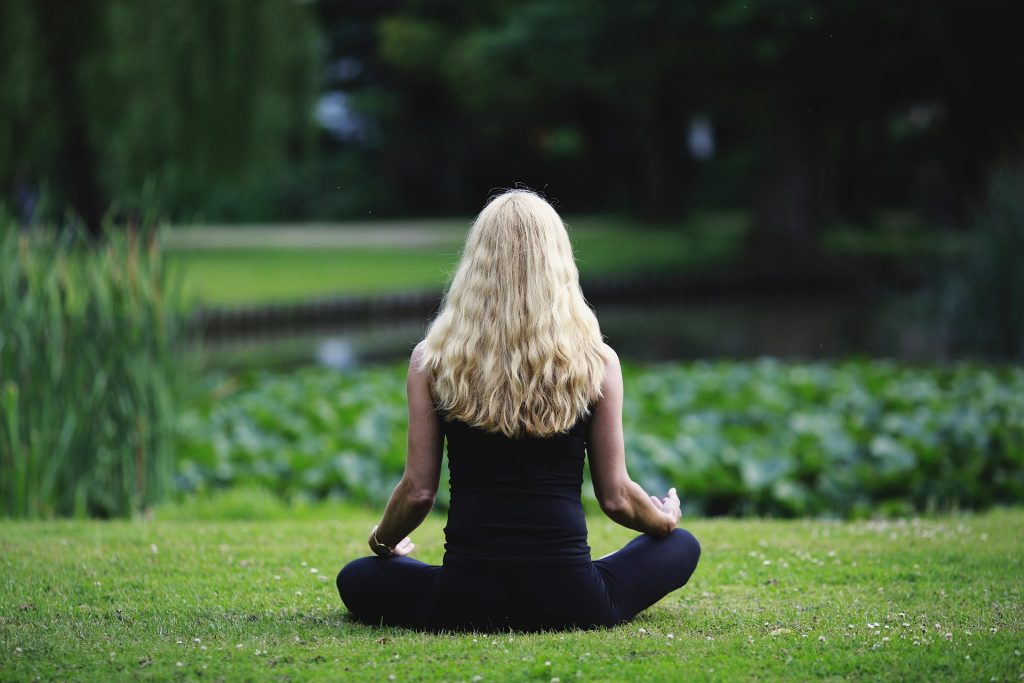
ii. Sit in a quiet spot alone where there are no distractions. Focus on your breathing and listen to the sounds around you. If there is a window, gaze outside and look at everything. Observe the clouds in the sky, the plants along the sidewalk etc. Focus on how your body feels and the different sensations you are experiencing (HealthLink BC, 2017).
Mindful Journaling
Journaling your experience in a “mindfulness journal” is also a great strategy to write down your thoughts and feelings. Completing an entry at the beginning or end of the day can help to gather your thoughts. Having this outlet available also helps to instill calmness and clarity in your routine as well.
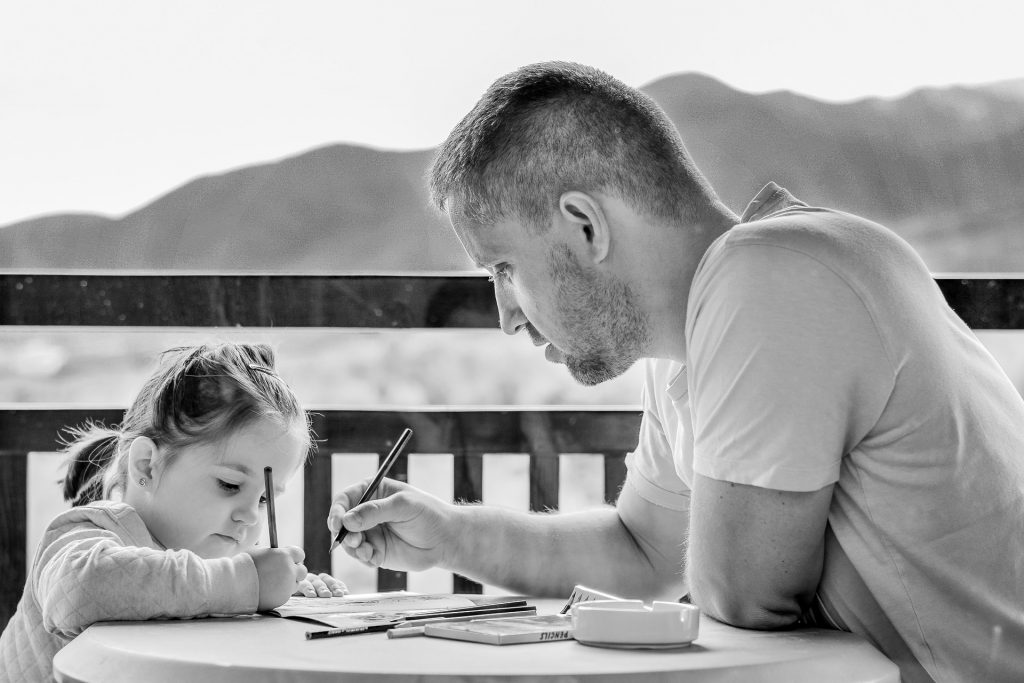
Mindfulness for Young Parents Video
Video created by
Manpreet Gill
1:41 mins, November 2018
In Adobe Spark Video
Access these Online Resources
Mindfulness-Based Stress Reduction (MBSR)

This is an online resource available to anyone who is interested in learning about how to use mindfulness techniques to reduce stress. It is created by a certified MBSR instructor who has created different modules with corresponding videos to help aide in the learning process. This resource allows you to access a MBSR class anywhere, anytime, and for free.
URL:: https://palousemindfulness.com/index.html
Mindfulness-Based Stress Reduction (MBSR) Locator

If you prefer to learn MBSR techniques in person, the following website by the Center for Mindfulness in Medicine, Healthcare, and Society has an instructor locator tool. This tool allows you to type in your location in order to find the closest, certified mindfulness instructor to you.
URL: https://umassmed.edu/cfm/mindfulness-based-programs/mbsr-courses/find-an-mbsr-program/
The Centre for Mindfulness Studies

The Centre for Mindfulness Studies provides a number of great free audio-guided meditations. It is a great way to start your journey of learning to be mindful and how to meditate.
URL: https://www.mindfulnessstudies.com/
Youtube Yoga Videos

There are thousands of online videos available which outline different yoga poses. Many also have calming music accompanying them to help with meditation as well.
URL: https://www.youtube.com/results?search_query=yoga+mindfulness
Yoga Journal

The following website is a great resource to learn more about yoga and its implication with improving mindfulness. A number of different poses with illustrations and instruction are included as well.
URL: https://www.yogajournal.com/poses/peace-of-mind
References
Gard, T., Brach, N., Hölzel, B. K., Noggle, J. J., Conboy, L. A., & Lazar, S. W. (2012). Effects of a yoga-based intervention for young adults on quality of life and perceived stress: the potential mediating roles of mindfulness and self-compassion. The Journal of Positive Psychology, 7(3), 165-175.
HealthLink BC. (2017, December 7). Mindfulness-Based Stress Reduction. Retrieved from https://www.healthlinkbc.ca/health-topics/abl0293
Hyland, P. K., Lee, R. A., & Mills, M. J. (2015). Mindfulness at work: A new approach to improving individual and organizational performance. Industrial and Organizational Psychology, 8(4), 576-602.
Kershaw, P. (2015). Population Aging, Generational Equity & the Middle Class. Generation Squeeze.
Khoury, B., Sharma, M., Rush, S. E., & Fournier, C. (2015). Mindfulness-based stress reduction for healthy individuals: a meta-analysis. Journal of psychosomatic research, 78(6), 519-528.
Ray, J. A. (2013). Family Connections: Today’s young families: Successful strategies for engaging millennial parents. Childhood Education, 89(5), 332-334.
Reiner, M., Niermann, C., Jekauc, D., & Woll, A. (2013). Long-term health benefits of physical activity–a systematic review of longitudinal studies. BMC public health, 13(1), 813.
